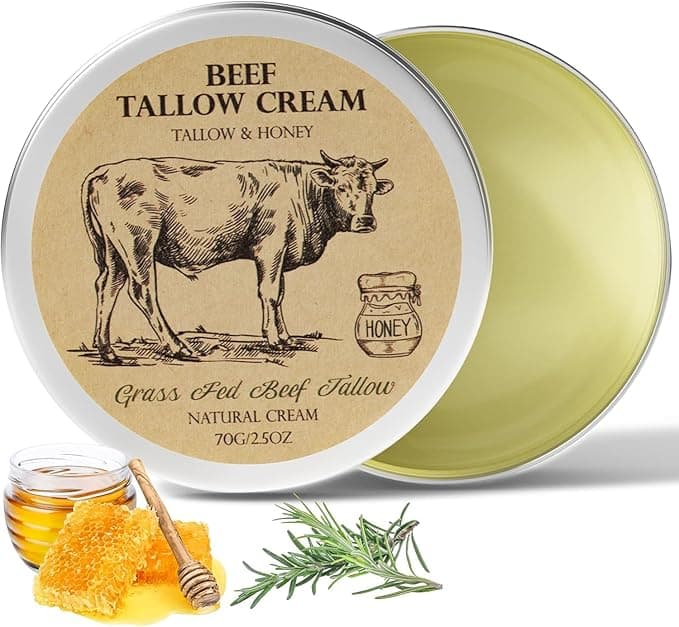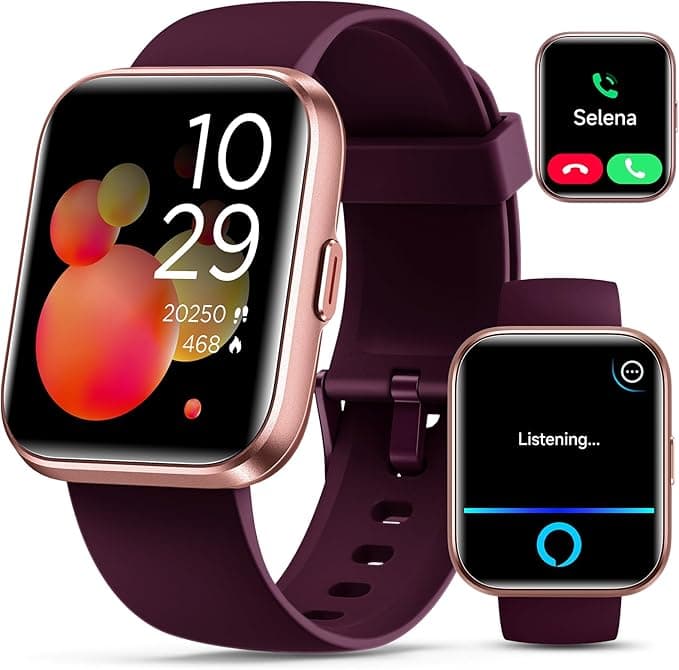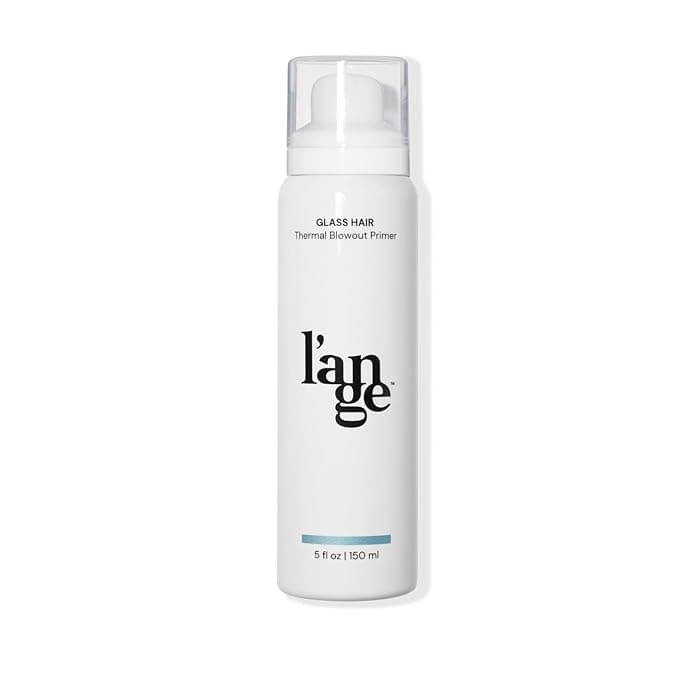Why We Love Discounts The Science Behind Coupon Culture
2025-11-01 16:17:29
Introduction
A good deal is what delights every shopper. That little rush that you realize that you pay less for something that you already wanted is what makes shopping so exciting. The emotional satisfaction is felt by everyone irrespective of whether it is a flash sale, a limited-time offer, or a checkout promo code. But why is it that our hearts seem to beat faster when we see that small red "SALE" tag? The excitement is much more than just saving; it goes right down to psychological triggers which change the way we see value and how we decide to buy.

The Emotional Pull of Discounts: Understanding the Psychology of Discounts
One of the main factors behind the purchase decisions of consumers is undoubtedly the psychology of discounts. Besides that, discounts by their very nature, save the consumer some money. To add to that, however, they make the consumer feel smart, strategic, and rewarded.
Emotional satisfaction of saving money
Researches confirm that getting a bargain turns on the part of the brain associated with pleasure, thus, the brain sends out dopamine — the very chemical that attributes to pleasure and excitement. This “shopper’s high” is the reason why, in general, people purchase items just because they are on discounted even though they did not intend to buy them. The act of saving money on an item is similar to winning a small game and the positive emotions already experienced from the purchase are reinforced.
The illusion of value and perceived savings
Marketers are very aware that consumers are motivated by the perception of the value rather than the actual value. So, it’s not surprising to see the prices presented as “$99 instead of $149.” Even if the original price is exaggerated, consumers think that they are getting a better deal. The psychology of discounts unveils that people believe that the higher the percentage the less money they pay and thus, they will be more satisfied.
FOMO and scarcity marketing
The fear of missing out (FOMO) is one more compelling reason to strongly consider a purchase. When a deal is presented with “limited stock” or “expires in 2 hours,” it is perceived as an opportunity that can’t be missed. The scarcity effect thus, intensifies the urge to purchase even if the product is not necessary. Retailers employ this psychological strategy to induce a feeling of competing for limited resources — and consumers, on their part, get excited about the possibility of “winning” before the countdown ends.
Why People Love Coupons: Emotional Rewards and Behavioral Patterns
Coupons no longer just represent anything physical. Paper clippings are a thing of the past, and 2025 is all about digital promo codes and mobile coupon apps that are the key to online shopping. However, our emotional bond with discounts remains untouched. People’s infatuation with coupons can be explained only after acknowledging the emotional and cultural significance that lies behind them.

Coupons as a form of achievement
The act of using a coupon can be likened to one’s earning a reward. The feeling of controlling one’s finances and being clever is what the resourceful shopper gets out of this practice. By the standards of behavioral economics, a valid coupon or the use of multipromo codes creates a very small yet definite feeling of accomplishment — this is akin to solving a puzzle and being instantly rewarded.
Social and cultural factors in coupon use
Cultivation of social identity has even become one of the impacts which the use of coupons has on the people. For example, in the United States, there exist online communities where members share and exchange coupons. On platforms like Reddit or TikTok, people post their best deals with a lot of pride, thus, turning the act of money saving into a social achievement. The emergence of “coupon influencers” and the digital voucher-sharing services demonstrate the aspect of the science behind coupon psychology that extends to social behavior — it is not merely about saving money but being part of a society of savvy consumers.
The evolution of couponing: From paper to digital
The technology of today greatly influences the metier of coupon presumably in the near future. Online tools like Honey and mobile applications like Rakuten are quite adept at finding and fetching discounts for the users thus, users are saved from any manual labor. The more people get to have access to savings, the more engaged they become. This accessibility serves to the positive feedback loop — the delight one gets from the saving is the main driving force behind his/her continued use of coupons.
The Science Behind Coupon Culture: How Discounts Shape Consumer Habits
Consumer psychology and economic behavior are the two main pillars that support the whole idea of deals, discounts, and the like. The science behind coupon culture is a major contributing factor to the effectiveness of such marketing tools — and it is predicted that the trend is not going to disappear anytime soon.
Neuromarketing and reward systems
Neuromarketing findings reveal that a discount activates the part of the brain called the nucleus accumbens, which is responsible for the feeling of anticipation and reward. This is the reason why consumers feel so good even before the actual completion of a purchase. When at the time of checkout it is allowed to apply a discount, then the brain gets an incredible burst of happiness, consequently triggering the idea of success using coupons.
The economic side of coupon culture
To begin with, from a merchant’s point of view, coupons represent the means that can be used in order to increase both sales volume and customer retention. Companies understand that drilling small discounts will attract large purchases. At the same time, consumers take advantage of these discounts to go over their planned expenditures. In a gradual manner, this interaction shapes consumer behaviors — those who are frequent users of coupons tend to shop more often yet feel less guilty as they think they are saving money.
Finding balance: Smart shopping in the age of constant deals
It cannot be denied that deals, promos and discounts bring lots of fun, but people can easily overspend because of them. The only way to solve this dilemma is by balancing saving money with practicing self-discipline. Effective shoppers are those who do price comparisons on different platforms, use browser tools to check historical prices, and are not tempted by impulse buying. Real savings are not only a result of coupon usage but also from purchasing only what is necessary. By combining the emotional and rational aspects of the psychology of discounts, consumers can reach the state of both happiness and financial wisdom.

FAQs
Q1: Why do discounts make us feel happier?
Because they activate the brain’s reward system, releasing dopamine that creates feelings of excitement and satisfaction.
Q2: Are coupons really saving money or just marketing tricks?
Both — while some coupons offer genuine savings, many are designed to trigger emotional responses that encourage more spending.
Q3: How can I avoid falling for fake discounts?
Track prices before sales, use price comparison tools, and beware of exaggerated “original prices” that make discounts seem larger.
Q4: What’s the best way to use coupons wisely?
Plan purchases ahead of time, only use coupons for items you actually need, and combine them with cashback or loyalty programs for maximum benefit.
 MROUVIK Beef Tallow Honey Moisturizing Balm Natural Face Body Cream for Dry or Sensitive Skin$10$19.99
MROUVIK Beef Tallow Honey Moisturizing Balm Natural Face Body Cream for Dry or Sensitive Skin$10$19.99NATURAL INGREDIENTS: MROUVIK beef tallow for skin is made from pure butter and natural honey, made from pure natural substances without any chemical additives. As soon as you open MROUVIK beef tallow for skin, you can smell the scent of honey, which is gentle and refreshing. Meanwhile, MROUVIK beef tallow for skin and honey are rich in vitamins A, D, E, K, and B12, providing various nutrients for the skin.12
MOISTURIZING AND SOOTHING: MROUVIK beef tallow for skin has a deep moisturizing effect on the skin, which can give the skin a large amount of moisture to maintain a hydrated and elastic state. At the same time, MROUVIK beef tallow for skin can soothe sensitivity. MROUVIK beef tallow for skin is made from pure natural products, which are non irritating.
SUITABLE FOR MULTIPLE PEOPLE: MROUVIK beef tallow for skin are suitable for most people to use, whether you have dry skin, oily skin, or combination skin. MROUVIK beef tallow for skin is particularly suitable for people with dry skin, allergies, and a preference for natural substances. At the same time, MROUVIK beef tallow for skin can be used all year round, and the effect will be more significant when used in the dry winter season.
NATIVE NON IRRITATING: MROUVIK beef tallow for skin are made from natural butter and natural honey, which are the most primitive substances and have no irritation to human skin. At the same time, MROUVIK beef tallow for skin is not greasy on the face, is easy to absorb, and will not cause acne on the skin. MROUVIK beef tallow for skin is also suitable for people with allergies.
FOR WHOLE BODY: MROUVIK beef tallow for skin is suitable for the whole body, whether it is the face, hands, back, or legs. Purchasing this MROUVIK beef tallow for skin can be used for the whole body, which is not only cheap and cost-effective, but also portable and easy to use. At the same time, MROUVIK beef tallow for skin can also be given as a gift to others, and this excellent MROUVIK beef tallow for skin is suitable for people of all ages.Especially suitable for women.
beef tallow for skin
 Quican Lifestyle Bluetooth Smartwatch Compatible$37.46$59.99
Quican Lifestyle Bluetooth Smartwatch Compatible$37.46$59.99Smartwatch with Alexa & Smart Notification: Bluetooth smartwatches is Built-in Alexa and a range of features including make/answer calls, SMS and message notifications (messaging or text responses are not supported), Weather forecasts, Stopwatch, Raise to wake, Alarms, Timer, Sedentary Reminder, Flashlight, Music and Camera control, Motion Recognition, Breather guide, Find phone functionality, etc
Fitness Tracker Watch with 120 Sports Modes and IP68 Waterproof: The sports watch offers activity tracking features, including running, Walking, Hiking, Yoga,step counting, and more. Accurately monitor exercise time and calories burned for a balanced activity-rest routine. The IP68 waterproof smartwatch design provides protection, so you don't have to worry about rain and hand washing.
Advanced Health Monitor and Sleep Tracker: During rest and work, health watches can provide us with body health data, including heart rate, stress and blood oxygen monitoring, sleep tracking, and female menstrual cycles. It is convenient for us to understand our physical status better and make timely judgments and adjustments.
Wide Device Compatibility & Long Battery Life: Smartwatch for Android and iOS is compatible with a wide range of devices running iOS 9.0 or above and Android 6.0 or above, including various smartphone models from Apple, iPhone 6/7/8/9/10/11/12/13/14/15/16 series, Samsung, Google, and other major brands. The smartwatch charges quickly in just 2.5 hours and offers up to 7 days of battery life with typical usage, extending up to 30 days in standby mode.
Comfortable Design & Simple Setup: Equipped with a soft silicone band that accommodates wrists from 160 to 230mm (6.2-9.0 inches), making it perfect for both adults and teenagers. Setting it up is easy with just four steps: 1. Charge the smartwatch; 2. Download the "Veryfit" app; 3. Enable Bluetooth on your smartphone; 4. Pair the device by scanning the QR code on the smartwatch.
5-Year War-ranty & Package Contents: Smart watch, charging cable, user manual. Quican provide 5-Year war-ranty, please feel fr-ee to contact us. In the event of any issues with our fitness smartwatch, Quican is ready to assist for you.
1.8-inch HD Display & 110 Customizable Watch Faces: This touchscreen watch boasts an HD vibrant screen with excellent touch responsiveness. Choose from a variety of over 110 watch faces to suit your style, or make it your own by setting your favorite photo as the watch face.
 Glass Hair Blowout Primer Heat Protectant Shine Spray for Frizz-Free Styling$16$30
Glass Hair Blowout Primer Heat Protectant Shine Spray for Frizz-Free Styling$16$30Heat-Activated Thermal Protection – This blowout primer shields hair from heat damage while enhancing softness, manageability, and shine with every blow-dry or hot tool session.
Frizz Control & Humidity Resistance – Forms a lightweight, invisible barrier around each strand to help repel humidity, reduce frizz, and preserve your sleek style all day long.
Glass-Like Shine Finish – Helps deliver a mirror-like, high-gloss effect while maintaining natural movement and bounce for that smooth, “glass hair” look.
Lightweight, Non-Greasy Formula – Goes on clean without buildup or residue, making it ideal for daily use on fine, thick, or color-treated hair.
Infused with Antioxidant Botanicals – Enriched with calendula and chamomile to nourish, soften, and defend against environmental stressors that can dull or damage hair.
 Couponing for Beginners 2025 Start Saving Money Like a ProLearn couponing for beginners in 2025 — start saving money with digital coupons cashback deals and smart coupon stacking strategies
Couponing for Beginners 2025 Start Saving Money Like a ProLearn couponing for beginners in 2025 — start saving money with digital coupons cashback deals and smart coupon stacking strategies How Social Commerce Influencers Change Coupon StrategyDiscover how social commerce and influencer marketing in 2025 are reshaping coupon strategies and transforming online shopping behavior.
How Social Commerce Influencers Change Coupon StrategyDiscover how social commerce and influencer marketing in 2025 are reshaping coupon strategies and transforming online shopping behavior. Family Weekend on a Budget Fun Ideas That Use CouponsEnjoy family weekends without overspending. Explore budget tips and coupon ideas to plan fun, affordable family activities everyone will love.
Family Weekend on a Budget Fun Ideas That Use CouponsEnjoy family weekends without overspending. Explore budget tips and coupon ideas to plan fun, affordable family activities everyone will love. How to Save on Coffee Snacks and Daily SplurgesDiscover smart coffee and snack saving tips. Learn how to cut daily treat costs and enjoy affordable splurges without sacrificing taste or fun.
How to Save on Coffee Snacks and Daily SplurgesDiscover smart coffee and snack saving tips. Learn how to cut daily treat costs and enjoy affordable splurges without sacrificing taste or fun..webp&w=3840&q=75) Everyday Essentials You Should Never Buy Without CouponsSave money on daily essentials with the best coupon deals. Learn smart ways to stretch your household budget and shop more efficiently in 2025.
Everyday Essentials You Should Never Buy Without CouponsSave money on daily essentials with the best coupon deals. Learn smart ways to stretch your household budget and shop more efficiently in 2025.